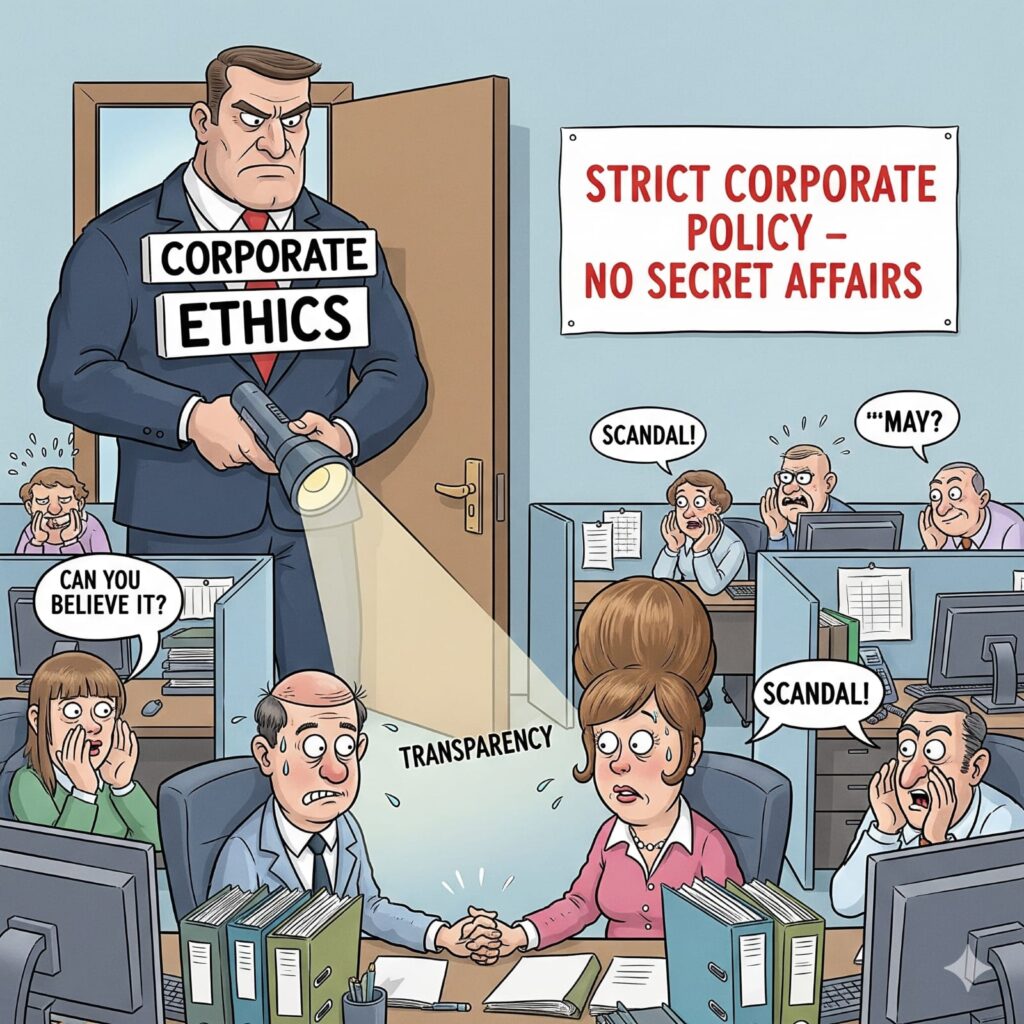- Laurent Freixe steps down after violating corporate ethics rules.
Article Today, Hyderabad:
The importance of ethical conduct in global corporates has once again come into focus. Nestlé, one of the world’s leading food companies, has dismissed its Chief Executive Officer Laurent Freixe over an undisclosed personal relationship with a subordinate. The move underscores the strict enforcement of corporate codes of conduct even at the highest levels of leadership.
Short Tenure Ends Abruptly
Mr. Freixe, who built a 39-year-long career with the company, had been appointed as CEO only a year ago. Investigations revealed that he failed to disclose a romantic relationship with a female employee working under him. This was found to be a violation of Nestlé’s internal policies. The company confirmed his exit without severance benefits, marking a sharp end to his long association.
Impact on Business and Reputation
The announcement of his departure had immediate consequences. Nestlé shares fell by nearly 17 per cent following the disclosure, raising concerns about investor confidence and brand image. The incident highlights how ethical lapses at leadership levels can affect both financial stability and corporate reputation. Similar exits in the past have included BP’s Bernard Looney and McDonald’s Steve Easterbrook, both of whom stepped down over comparable breaches.

Why Rules Are Strict
Corporates emphasise strict codes of conduct to avoid conflicts of interest and protect workplace integrity. A romantic involvement between a superior and subordinate raises concerns of bias, favouritism, and breach of trust. Such issues can undermine the confidence of other employees and damage public perception if exposed. Nestlé’s decision reflects the growing global emphasis on transparency and accountability.
Corporate Governance Standards
In the United States, nearly 80 per cent of Fortune 500 companies have firm rules prohibiting undisclosed workplace relationships, particularly between managers and direct reports. Independent inquiry committees and human resource departments ensure that these rules are enforced. Companies treat disclosure as mandatory, while violations are dealt with through transfers, dismissals, or forced resignations.
Message to Global Leadership
The Nestlé episode sends a clear signal that even senior executives cannot expect exceptions when it comes to compliance. The incident demonstrates that personal decisions made in secrecy can carry a heavy price, not only for the individual but also for the institution. As global corporations tighten governance norms, ethical accountability is becoming central to leadership roles worldwide.



